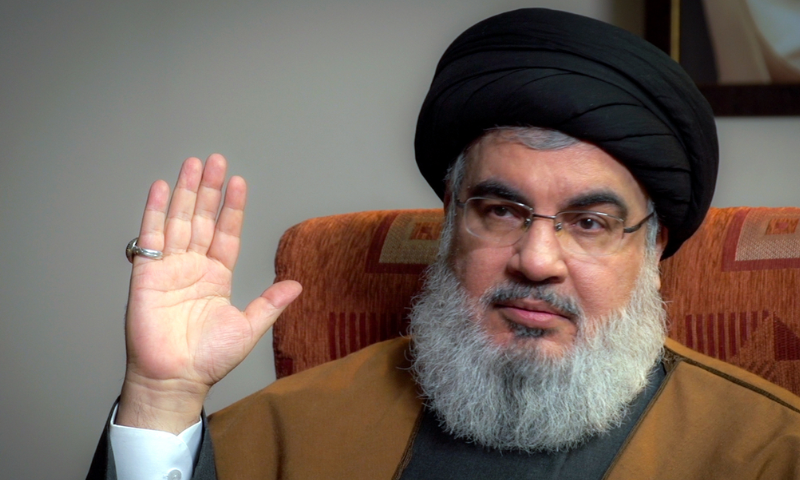Tony Badran
Tablet, Aug. 1, 2023
“As it turned out, the maritime deal did not, in fact, enhance Israel’s security, as U.S. negotiator Amos Hochstein and his echo chamber validators in the U.S. and Israeli press all claimed it would. In reality Israel’s security and deterrence has badly deteriorated on multiple fronts since the Biden administration came to office.”
Prime Minister Benjamin Netanyahu’s discussion on Sunday with senior IDF officials about Hezbollah provocations on the northern border was preceded by a flurry of press reports claiming that the IDF intelligence division had issued no less than four warnings about eroding Israeli deterrence. Military intelligence officials, we were told, have been warning Netanyahu about how the political crisis at home and fraying ties with the Americans were undermining deterrence of enemies like Hezbollah.
People might differ on how to read such assessments of the impact of Israel’s political crisis on the country’s deterrence posture. One could choose to read it as earnest analysis, or as political messaging whose point was to paint Netanyahu’s judicial reform as harming Israel’s security—a talking point of the prime minister’s opponents. However, in order to weigh the claim that fraying U.S.-Israeli ties are weakening Israel’s deterrence on the northern front, one would first need to examine the assumption that the United States and Israel share the same interests when it comes to Lebanon, and that this common front is being undermined by Israel’s reckless domestic politics. A sound assessment should begin by questioning the premise of U.S.-Israeli alignment in Lebanon—an alignment that demonstrably does not exist.
A year ago, leveraging a mock drone attack by the terror group Hezbollah against an Israeli offshore gas rig at the beginning of July, the Biden administration went to the caretaker Israeli government with an urgent demand: It must sign a maritime boundary delineation agreement with Lebanon within a couple of months, before the parliamentary elections in Israel, giving potentially valuable gas fields to Hezbollah-dominated Lebanon and signaling Israeli willingness to retreat in the face of Hezbollah’s aggressive threats and actions. This matter was a top priority of the president of the United States, the administration made public. Sure enough, the Biden team got its deal. … [To read the full article, click here]


